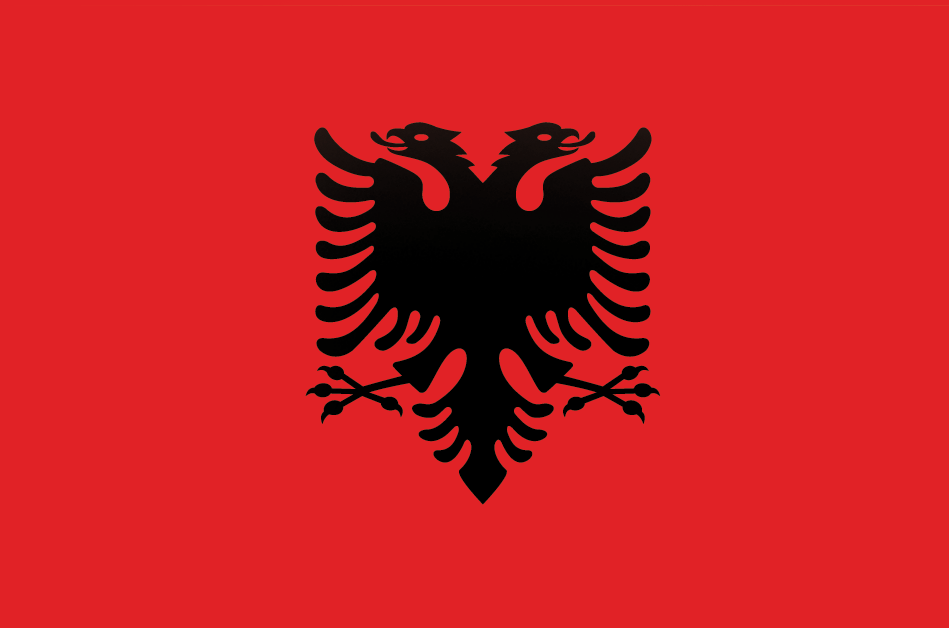
Sustainability Efforts
Country: Albania
Explore sustainability efforts in Albania. The United States Environmental Protection Agency (“EPA”) said it well when they state:
“Sustainability is based on a simple principle: Everything that we need for our survival and well-being depends, either directly or indirectly, on our natural environment. To pursue sustainability is to create and maintain the conditions under which humans and nature can exist in productive harmony to support present and future generations.”
About Albania
Sustainability Efforts in Albania, explore initiatives and eco-friendly practices. On this page, you will learn about nature-friendly tourism, renewable energy projects, and conservation efforts.
Albania, a beautiful Balkan nation, is a captivating blend of ancient history and breathtaking landscapes. Nestled between rugged mountains and the azure Adriatic Sea, Albania boasts pristine beaches, charming coastal towns, and hidden coves awaiting discovery. Its rich cultural heritage, shaped by Illyrian, Greek, Roman, and Ottoman influences, is evident in its vibrant cities like Tirana and Berat, adorned with colorful buildings and historic landmarks. From the majestic Albanian Alps to the UNESCO-listed Butrint National Park, nature lovers can revel in Albania’s untouched wilderness. Warm hospitality, mouthwatering cuisine, and a fascinating mix of traditions make Albania a gem in the heart of the Balkans. Sustainability efforts in Albania will enhance the country’s future.
Sustainability Efforts
Toggle each button below to “open” and “close” the presented data.

Poverty: Albania has taken significant steps to reduce poverty. Between 2002 and 2018, the percentage of people living in poverty fell from 25.4% to 21.7%. The government has implemented social welfare reforms and launched programs aimed at fostering economic opportunities in underdeveloped regions.

Hunger: Albania is actively working to reduce hunger and promote sustainable agriculture. While food security has generally improved, the government is encouraging sustainable agricultural practices, organic farming, and modern farming techniques to ensure a consistent food supply.

Healthcare: The Albanian healthcare system has undergone reforms to improve service delivery, and infrastructure. With international assistance, it's making strides in improving maternal and child health, reducing communicable diseases, and increasing healthcare accessibility.

Education: Albania has a near-universal primary school enrollment rate. The government has prioritized investments in teacher training, curriculum development, and infrastructure upgrades to raise the quality of education and promote lifelong learning opportunities.

Gender Equality: Albania is taking active measures to promote gender equality. Legislative reforms, awareness campaigns, and initiatives targeting women's economic empowerment are driving progress. Women's participation in decision-making roles, both in politics and the private sector, is on the rise.

Clean Water Sanitation: Investments in infrastructure have increased access to clean drinking water and sanitation services. Approximately 90% of the urban population now has access to improved water sources.

Affordable Clean Energy: Albania has abundant hydroelectric resources, with around 95% of its electricity generated from hydropower. The government is keen to diversify and is investing in solar and wind energy projects.

Economic Growth: Over the past decade, Albania has experienced steady economic growth. Efforts to boost tourism, invest in infrastructure, and encourage foreign investments have been pivotal in driving this growth.

Industry Innovation: The Albanian government, in partnership with international agencies, is fostering a culture of innovation. Special economic zones, tech hubs, and incentives for startups are being established to spur industrial innovation and sustainable growth.

Reduced Inequalities: While challenges remain, Albania is working to reduce inequalities by targeting policies and investments in regions and communities that have historically been marginalized.

Sustainable Cities: Urbanization is on the rise, and the government is working on sustainable urban planning, improving public transportation, and enhancing green spaces in cities to ensure a better quality of life for its urban population.

Responsible Consumption: Environmental awareness campaigns are being conducted to promote responsible consumption. Efforts are being made to reduce waste, promote recycling, and encourage sustainable consumer behavior.

Climate Action: Albania is committed to reducing its carbon footprint. Reforestation projects, investments in renewable energy, and awareness campaigns on the impacts of climate change are some of the steps being taken.

Life Below Water: The Albanian coast is rich in biodiversity. Initiatives are in place to protect marine ecosystems, combat overfishing, and reduce marine pollution.

Life on Land: Albania boasts diverse flora and fauna. National parks and protected areas are being expanded and strengthened to conserve biodiversity and promote ecotourism.

Peace and Justice: Albania is a stable democracy that is working to strengthen its institutions, promote rule of law, and ensure that all its citizens have access to justice.

Partnerships for the Goals: Albania actively collaborates with international partners, NGOs, and neighboring countries to achieve the Sustainable Development Goals. Through regional initiatives and partnerships, Albania aims to address shared challenges and drive sustainable progress.



